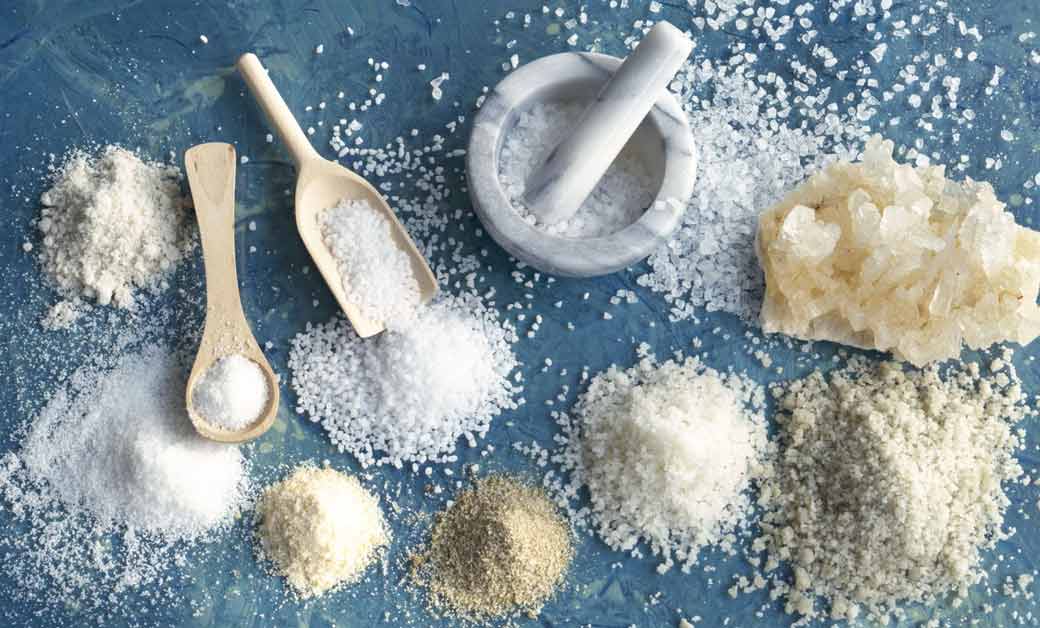
What do potato chips, pretzels, and miso soup all have in common? They all (usually) contain a hearty amount of salt. Table salt (NaCl) is a common ingredient that can have a large impact on the flavor of your food. And get this: not all people taste salt the same way.
Your perception of salt, or salt taste sensitivity, may not be the same as your neighbor’s, and this is totally normal. We’re not all built the same way. Plus, salt forms an essential part of the human diet. We need it to survive. This is because it assists important bodily functions such as cell signaling, water retention, and the regulation of your blood pressure.
Sometimes, your salt taste sensitivity can cause you to overdo it a little on salty foods. This may be important to monitor, especially as you get older. How can you tell if you’re less sensitive to salt than others? You can take a look at your DNA!
What does it mean to be less sensitive to salt?
Being less sensitive to salt means your perception of salt may be somewhat muted. You may not notice as much salt in foods as other people. For example, you can find yourself eating a whole pickle or two with ease, and you may even crave more.
If you fall into this category – don’t worry! Being less sensitive to salt isn’t necessarily a bad thing. Everybody’s body needs different amounts of salt. In fact, government agencies that regulate food safety have varying suggestions on salt intake. The U.S. FDA, for example, doesn’t set a minimum on the amount of salt you need per day. Instead, it sets a suggested maximum amount of salt at around 2300mg (2.3 grams) per day.
On the flipside, people will high salt taste sensitivity tend to notice salt in foods that other people don’t. These people usually shy away from saltier foods.
Are you more likely to have higher or lower salt taste sensitivity?

The answer lies deep within your cells. Your DNA contains a few genes that may play a role in your salt taste sensitivity. Your TRPV1 gene codes for a protein that helps your body detect heat, pain, and certain chemicals. This protein also detects spicy flavors, acids, and pungent flavors. A change in your TRPV1 gene, also known as a gene variant, at a specific location in your genetic code may create an increase in your salt taste sensitivity.
Another gene, SCNN1B, codes for part of a sodium channel found in your cell membranes. This channel helps your body regulate its electrolyte levels. A gene variant in your SCNN1B gene can also heighten your perception of salt.
Knowing whether or not you have these gene variants can help you manage your daily salt intake. This is especially important for people over the age of 55. People who are more likely to have lower salt taste sensitivity and who want to limit their salt intake should use alternative seasonings for salt (such as black pepper, garlic, or vinegar) and avoid processed foods (which can contain higher sodium levels.
Use Your DNA to Explore Your Salt Taste Sensitivity

How can you find out if you have gene variants that make you more likely to have lower salt taste sensitivity? If you are a CRI Genetics customer, you an access your Salt Taste Sensitivity Report in your CRI Genetics account right now and find out your own propensity for lower salt taste sensitivity.
Not a CRI Genetics customer yet? Go check out any current promotions and find out how you can get the Salt Taste Sensitivity Report (and many more).